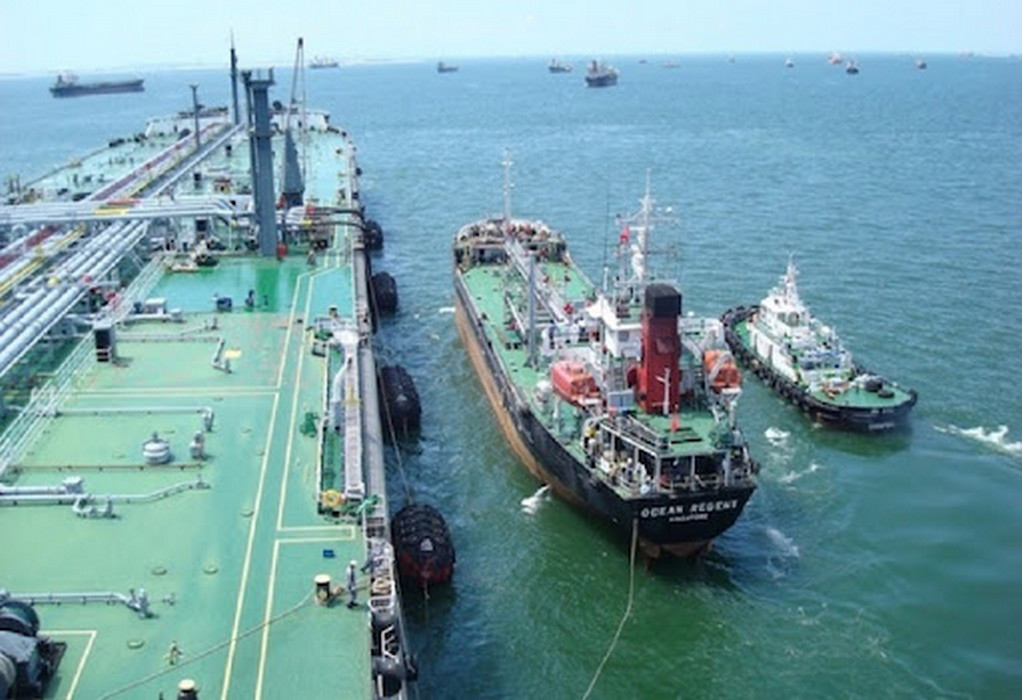Bunker sales in Singapore in February totalled 3.5mn t, down sharply by 532,000t from the previous month and down by 15pc from a year earlier.
This was the lowest monthly total in at least 14 months, according to data from the city state’s Maritime and Port Authority (MPA). The MPA has only provided monthly data from January 2021 onwards.
The fall in consumption is mainly the result of February being a shorter month, totalling 28 days, but also because of more competitive prices in other Asian ports, such as South Korea, China and Japan.
“South Korea especially has been very competitive on VLSFO, pulling demand away from Singapore”, said one local trader.
The port sold 2.29mn t of very-low sulphur fuel oil (VLSFO) in February, down from 2.56mn t in January.
Bunker prices in China have also been cheaper, because of bad weather, Covid-19 outbreaks and weaker demand that translated into selling pressure.
“High cargo and ex-wharf premiums are also not helping Singapore”, said another trader. “The low February number spooked everyone but nobody’s surprised.”
Sales of high-sulphur fuel oil (HSFO) reached 924,000t, down from 1.12mn t the previous month. It was the first time since September last year that HSFO sales fell below 1mn t.
Consumption of low-sulphur marine gasoil (LSMGO) fell to 281,000t, which was also the lowest in at least 14 months. “Gasoil cargo has been in short supply, hence we are more cautious committing volumes”, a gasoil trader said.
A total of 2,805 vessels called at Singapore to bunker in February, down sharply from 3,115 in January, according to MPA data. This translates into an average stem size of 1,248t. It was the first time in at least 14 months that bunker calls fell below 3,000.
Argus reported a daily average of 12 spot bunker deals in February, split between eight for VLSFO, 2.5 for LSMGO and 1.5 for HSFO.
Singapore’s delivered VLSFO, LSMGO and HSFO prices in February averaged $735/t, $829/t and $525/t respectively, up firmly from $663/t, $738/t and $482/t in January, according to Argus data.
Some market participants expect March sales might also fare badly, with higher outright crude and bunker prices that are discouraging shipowners from buying. But Singapore stands to benefit in times of such high uncertainty as shipowners flock to familiarity, as when the Covid-19 pandemic first hit in 2020.
Source: ArgusMedia
Tags: Bunker, HFO, MPA, Singapore, VLSFO



Recent Posts
Chartered Speed expands its electric mobility footprint in Arunachal Pradesh
PSA International joins Global Centre For Maritime Decarbonisation as a strategic partner
MPA and NYK Group Advance Collaborative Efforts on Maritime Autonomous Surface Ship Trials
BIMCO drafts new clause to support biofuel use in time charters
Global Maritime experts attended India@Nor-Shipping – Maritime Partnership for a shared & sustainable future
India-Norway Dialogue Anchors on Sustainable Maritime Development
Sea cruise ships can now connect to shore power in Amsterdam
Corvus Energy partners with HD Hyundai Mipo for AiP on new green product tanker design.